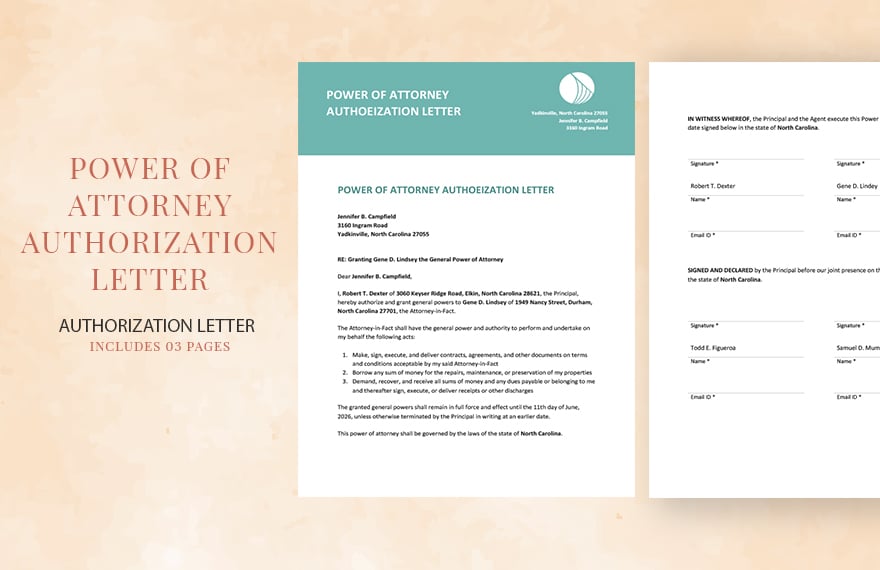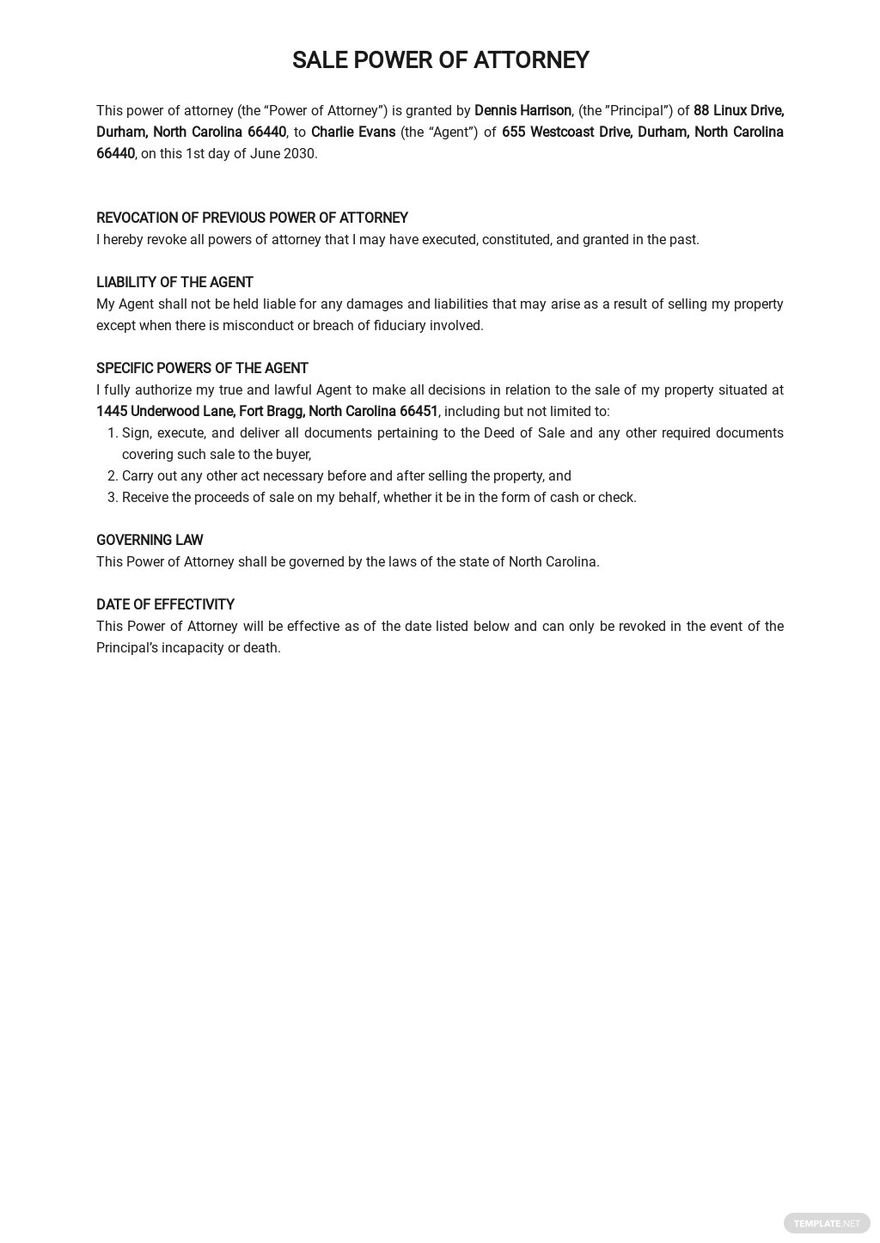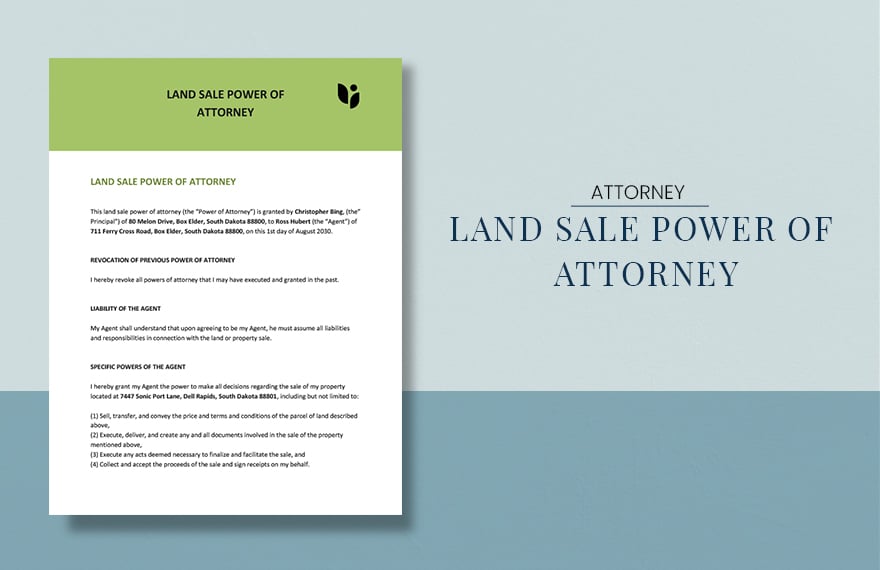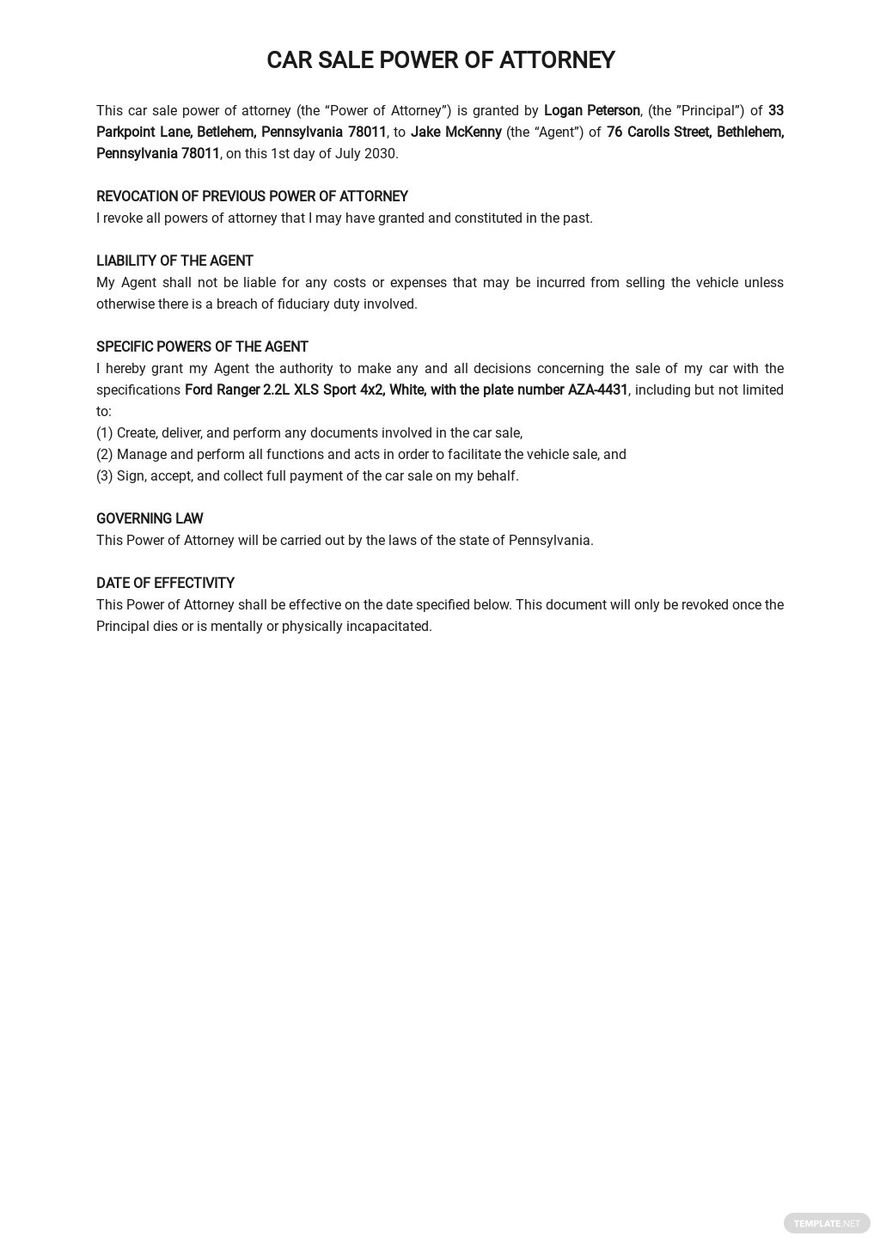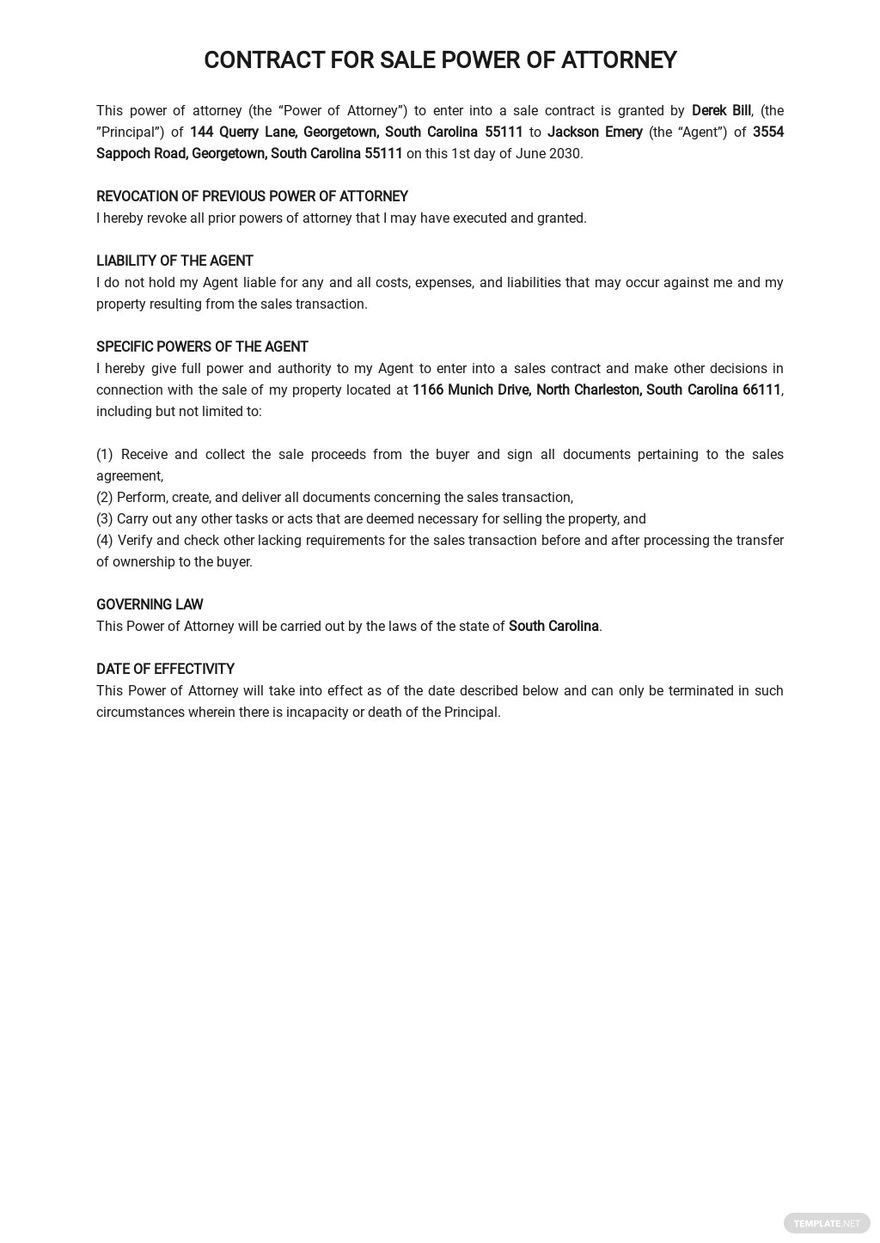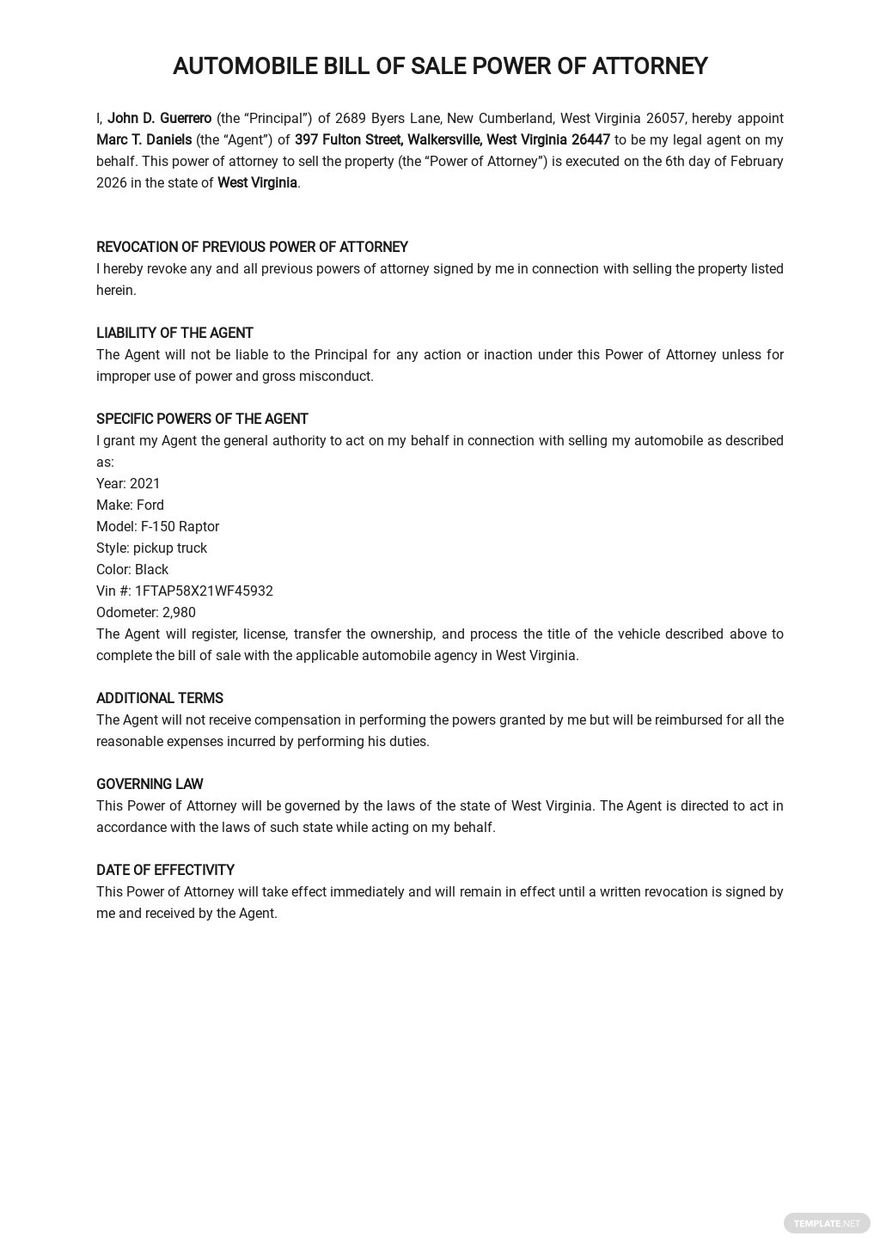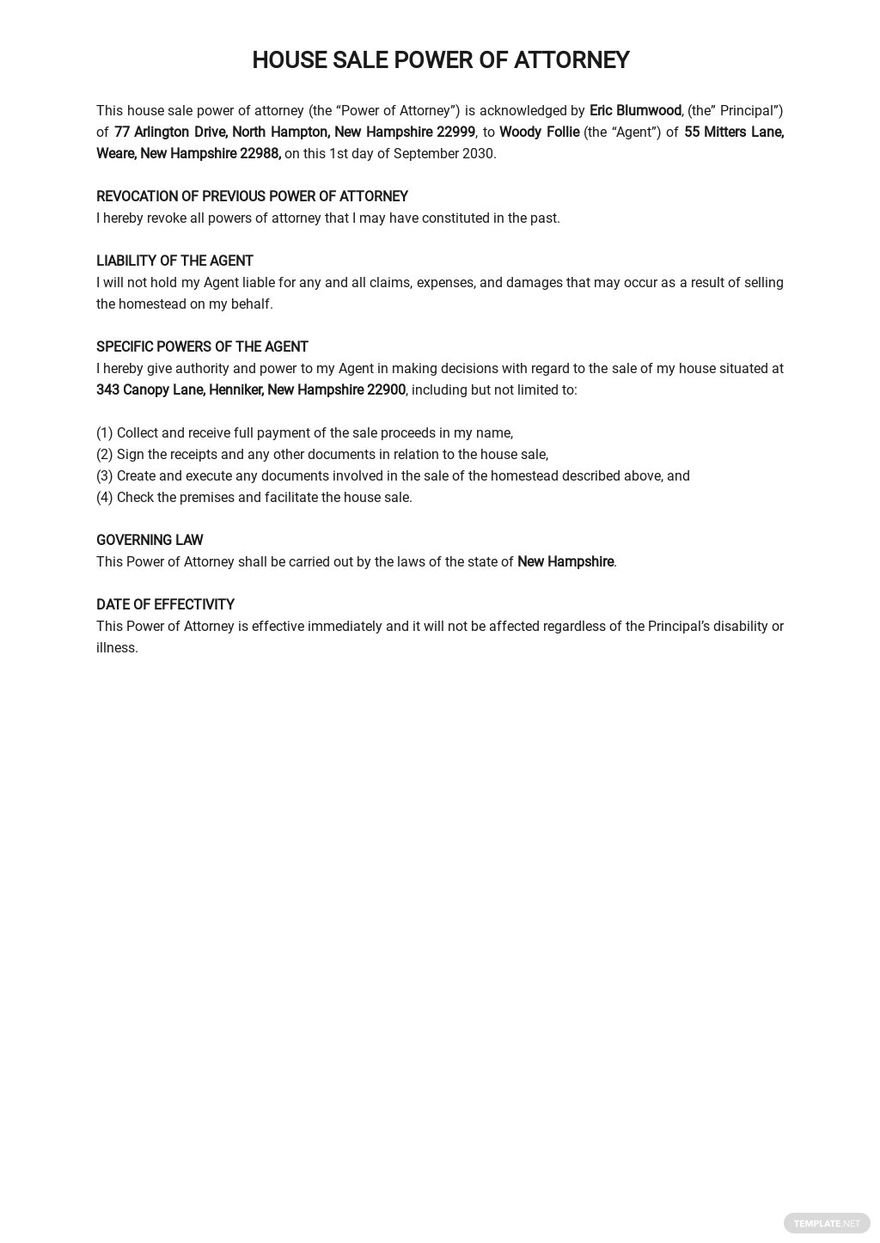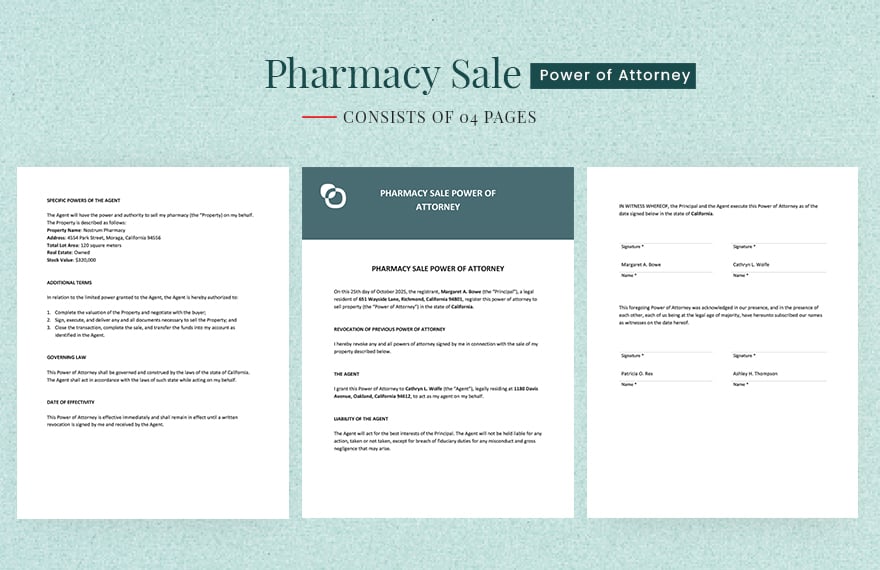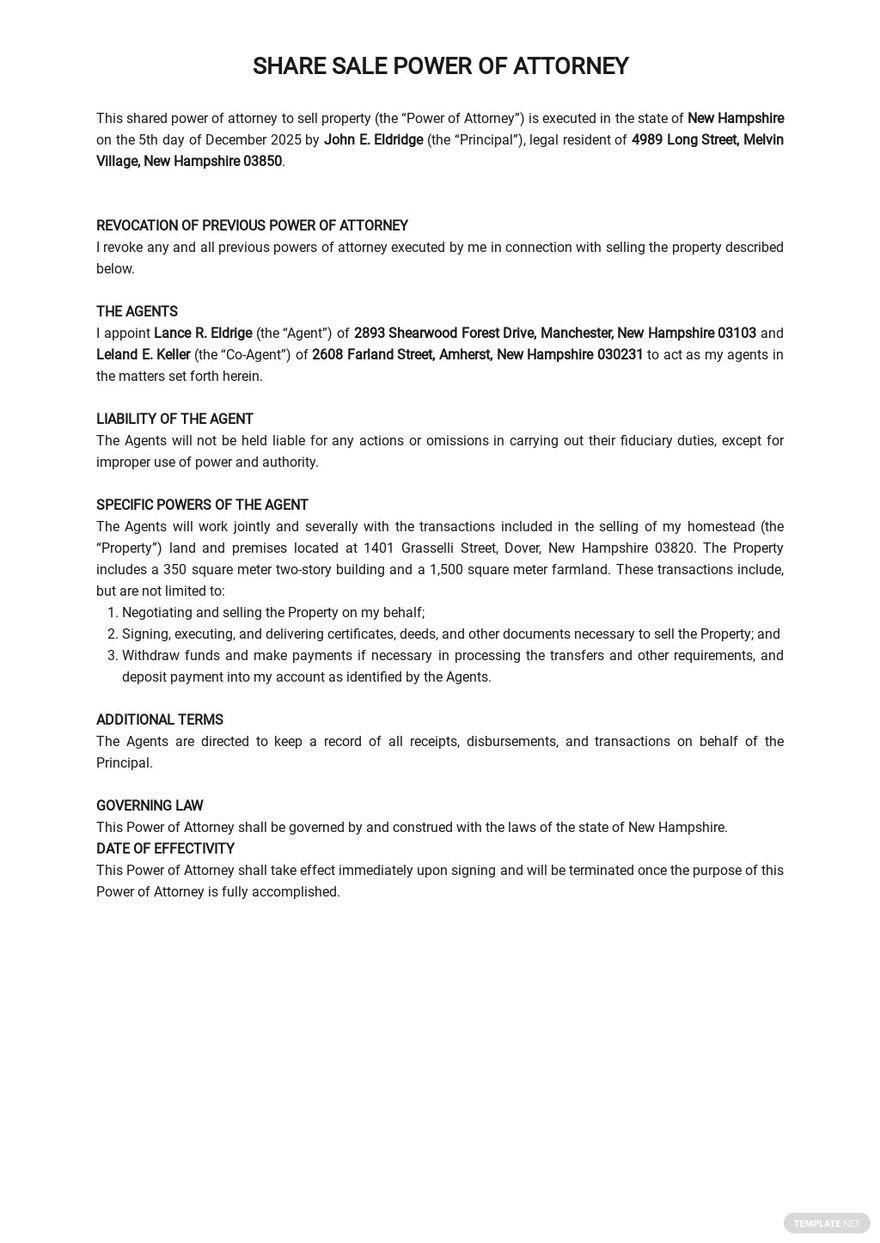A power of attorney (POA) or letter of attorney is written permission to represent or act on behalf of another in personal, business, or legal matters. The principal, grantor, or donor (of the power) is the person who authorizes the other to act. The agent, solicitor, or, in some common law jurisdictions, the attorney-in-fact, is the person who has the power to act.
Previously, a "power" referred to an instrument signed under seal, while a "letter" referred to an instrument signed by the parties by hand, but today, a power of attorney does not need to be signed under seal. Some jurisdictions require notarization or witnessing of powers of attorney, while others will impose the power of attorney if it is signed by the grantor. The attorney-in-fact is a stakeholder/trustee who takes custody of subscriber funds placed on deposit with him and then uses those funds to pay insurance claims in the form of the unincorporated reciprocal inter-insurance exchange (URIE). After all the claims have been paid, the attorney-in-fact returns any remaining funds to the subscribers. The grantor, or person who creates a power of attorney, may only do so if he or she has the necessary mental ability. After the power of attorney is established, if the grantor loses the ability to grant consent (for example, due to Alzheimer's disease or a head injury in a car accident), the power is likely to be rendered ineffective.
Browse through a collection of printable professional sample Sale Power of Attorney templates that have been designed just for you.
